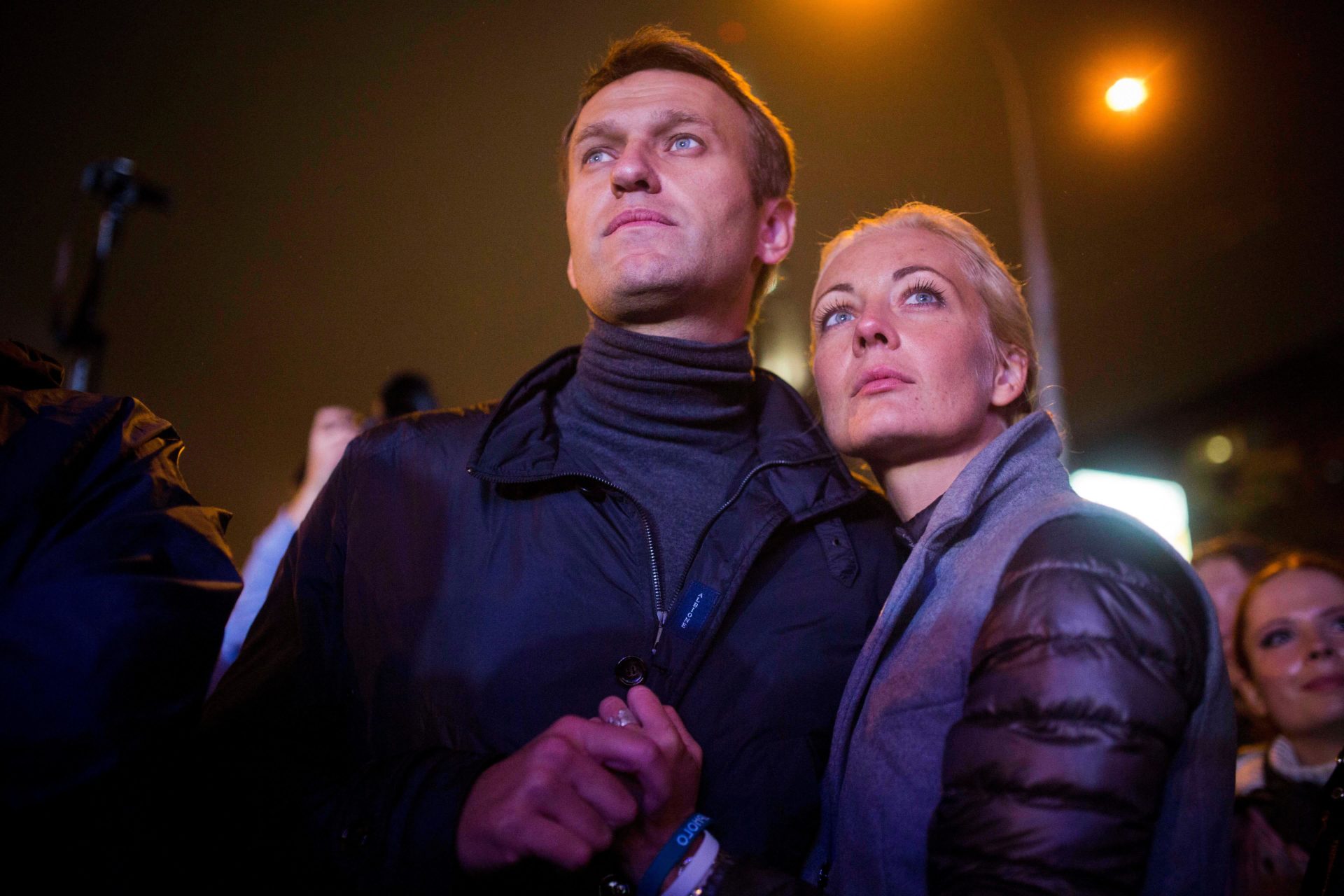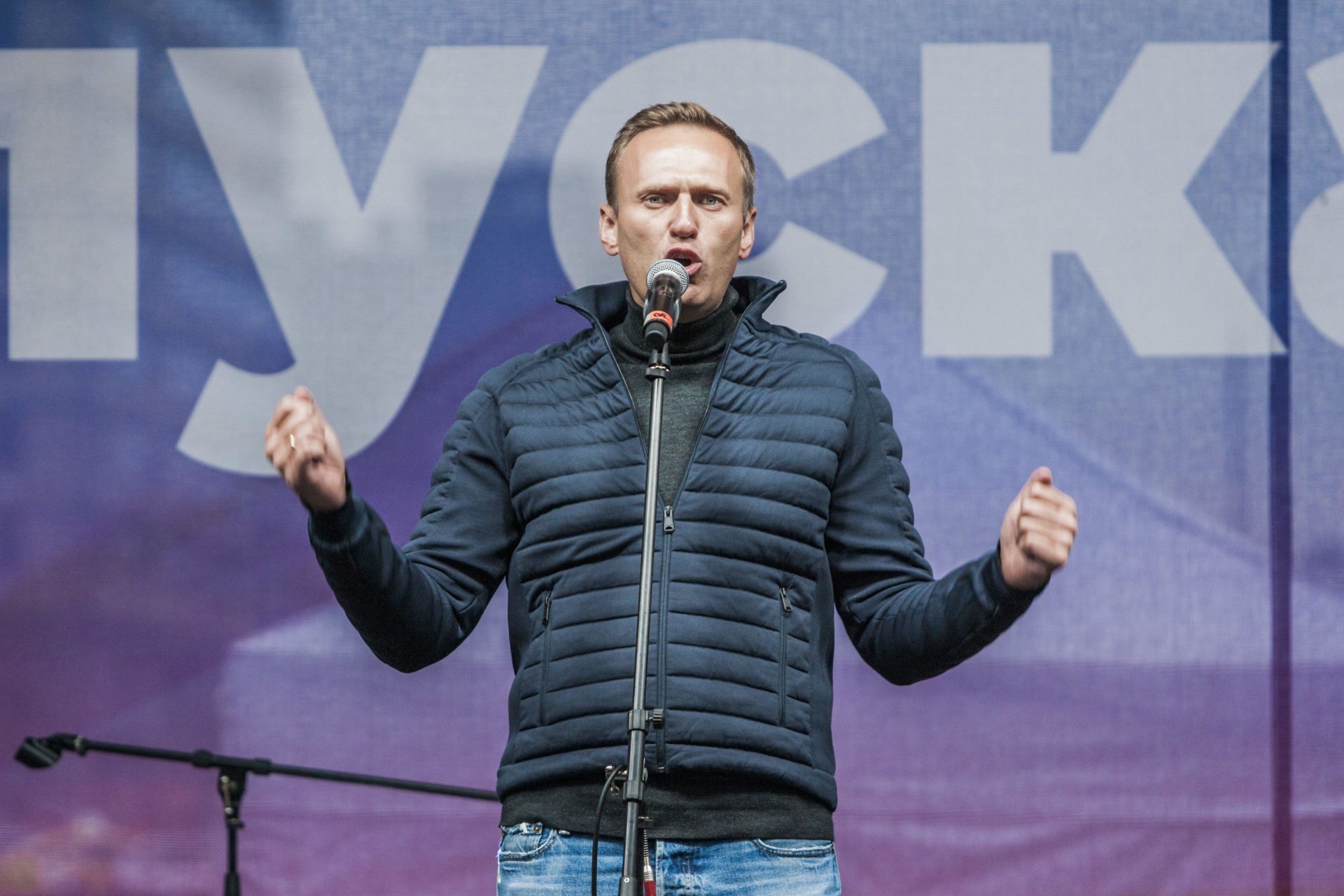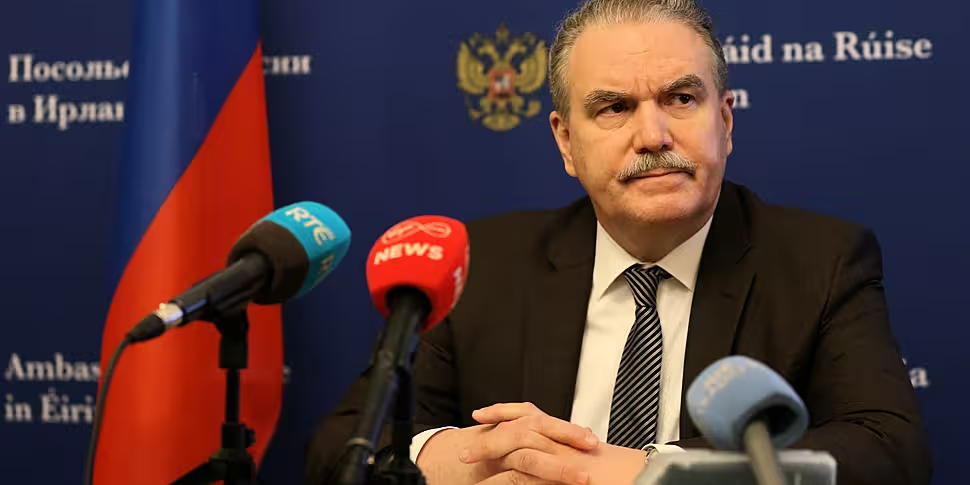The Government has summoned the Russian Ambassador to express its “outrage’ at the death of Putin critic Alexei Navalny.
The Department of Foreign Affairs said it told Yuri Filatov that “ultimate responsibility” for the opposition leader’s death lies with the Kremlin.
It also called for a “full, independent and transparent investigation”.
.@dfatirl summoned the Russian Ambassador yesterday to express outrage at the death in prison of opposition politician Alexei Navalny, reiterate that ultimate responsibility for his death rests with Russian leadership, & call for a full, independent & transparent investigation. https://t.co/cNKA76JSq5
— Irish Foreign Ministry (@dfatirl) February 21, 2024
Mr Navalny died suddenly in a Siberian prison last week.
Prison authorities said the 47-year-old "felt unwell" after a walk and "almost immediately lost consciousness".
The EU quickly said it held the Russian leadership ‘solely responsible’ for his death – while Mr Navalny’s widow Yulia accused Russian President Vladimir Putin on killing him.
Meanwhile, Mr Navalny’s mother was denied permission to see his body when travelled to the prison over the weekend.
 Russian opposition leader Alexei Navalny with his wife Yulia. Image: Associated Press / Alamy Stock Photo
Russian opposition leader Alexei Navalny with his wife Yulia. Image: Associated Press / Alamy Stock PhotoForeign Affairs Minister Micheál Martin has been outspoken in his criticism of Russia since the death – noting that it “reminds us all of the repressive and oppressive nature of the Russian Federation’s regime”.
“President Putin has ruthlessly put down any opposition and suppressed any dissent, freedom of speech, freedom of the right to gather,” he said.
Mr Navalny was an outspoken critic of President Putin and the Kremlin for many years.
In 2018, he was banned from standing for public office and in 2020 he was poisoned with novichok - a weapons-grade nerve agent used by the military.
Desperately ill, he was flown to Germany for medical treatment where he slowly recovered.
 Alexei Navalny gives an speech during a demonstration for the release of the arrested activists during the summer riots in Moscow, 29-09-2019. Image: Celestino Arce/NurPhoto
Alexei Navalny gives an speech during a demonstration for the release of the arrested activists during the summer riots in Moscow, 29-09-2019. Image: Celestino Arce/NurPhotoDespite the near-death experience, he announced he would return to Russia where he had only recently avoided death.
"Russia is my country, Moscow is my city, I miss them," he posted on social media.
He was arrested upon arrival and charged with an avalanche of crimes, ranging of extremism and terrorism to the rehabilitation of Nazism.
In August last year, a judge sentenced him to 19 years and he was moved to a maximum-security penal colony, where his fellow inmates were some of Russia's most violent and dangerous inmates.
Additional reporting from James Wilson.









